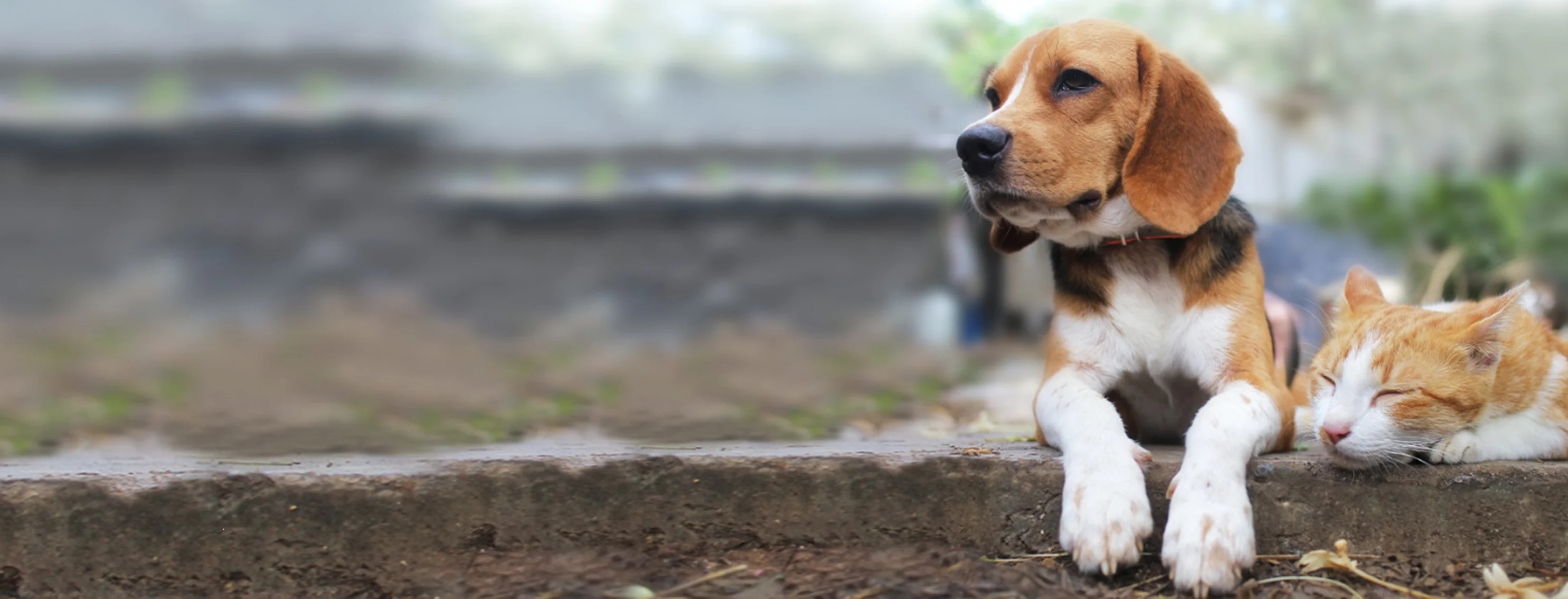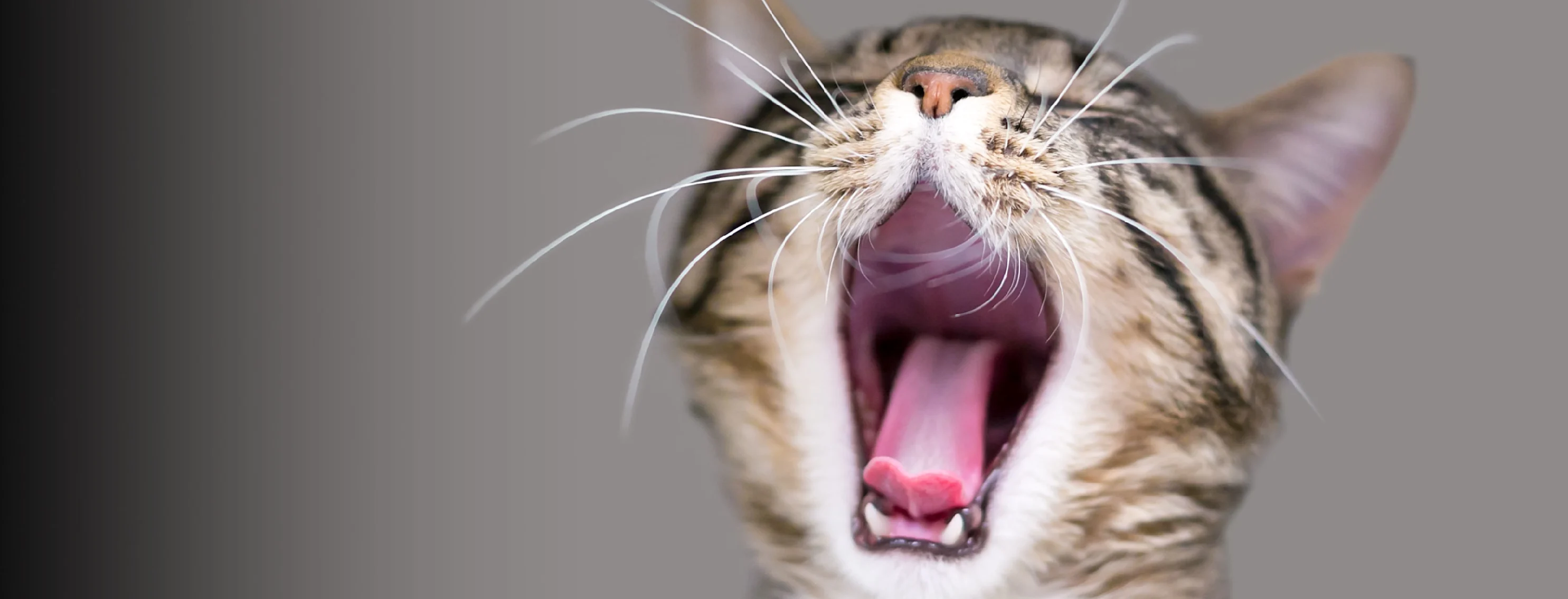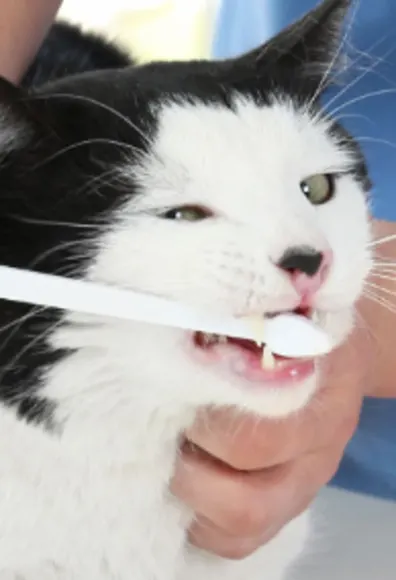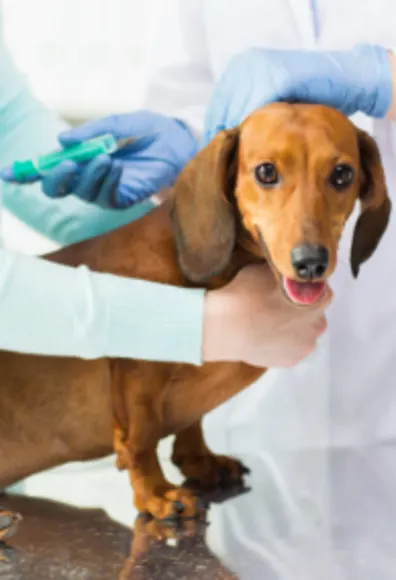Clinton Parkway Animal Hospital



We Take Pride In What We Do
CPAH is the best choice for pets and owners in the Lawrence area. Here’s why:
Obtained the highest level of accreditation from the American Animal Hospital Association.
Achieved national recognition for excellence in veterinary medicine and practice.
Blood work and diagnostic tests such as ultrasound can be done on-site—time is important if your pet is sick.
Experience the difference of working with a team dedicated to delivering the best care to your pet.
Client Reviews & Testimonials
Our staff at Clinton Parkway Animal Hospital values feedback from our clients. Here is just a small sample of the hundreds of happy and healthy pets that we have cared for since 1974.
Matthew
5 / 5 Stars
On Google
You guys are great and you help my best furry friends but we had to Euthanize them and Thank you Dr Lyon and Dr Kauffman. It was great
James Clark
5 / 5 Stars
On Google
Knowledge of my pets history was outstanding allowing our appointment to be completed in a timely and thorough manner.
Kay Almanza
5 / 5 Stars
On Google
I am SO appreciative of the creativity used to ensure my old and moody dog could get his arthritis shot without even knowing it happened. They have been so kind in working with our old dog to help him get through this time of his life.
Joni Lawrence
5 / 5 Stars
On Google
Dr Lyon help my son's dog Miles and they loved so much and they love Dr Lyon.Thank you so much for help.
Brit Kring (Kendonb)
5 / 5 Stars
On Google
Busy was great. My first time meeting Dr. Al, didn't give a last name. He was great and answered all my questions and took time to check out Lizzy throughly.
Palvih Bhana
5 / 5 Stars
On Google
Great experience. I love taking my animals here
Barry Arenson
5 / 5 Stars
On Google
We are a family that has giant breed dogs instead of children. We have worked mostly with Dr. Lyon and Dr. Liebl. While having to deal with Covid restrictions the clinic has upped their game as far a we are concerned. We are able to obtain appointments quickly, get conservative cost effective diagnosis with good follow-up. The clinic has worked with us for alternatives to...
Linda Barrington
5 / 5 Stars
On Google
Dr Lion is detailed and clearly interested in the health of the dog. She is awesome in my books.
Ryan Umberger
5 / 5 Stars
On Google
I had a great experience during my dog's first appointment at Clinton Parkway Animal Hospital. My dog is pretty temperamental and has been aggressive towards vet staff in the past. The staff at Clinton Parkway Animal Hospital did a wonderful job reading my dog's behavior and making adjustments so he was comfortable. The front desk and vet techs were extremely nice and Dr....
Peter Schneider
5 / 5 Stars
On Google
CPAH has been taking care of our pup for 12 years. Dr. Lyon is amazing!






CPAH has been taking care of our pup for 12 years. Dr. Lyon is amazing!